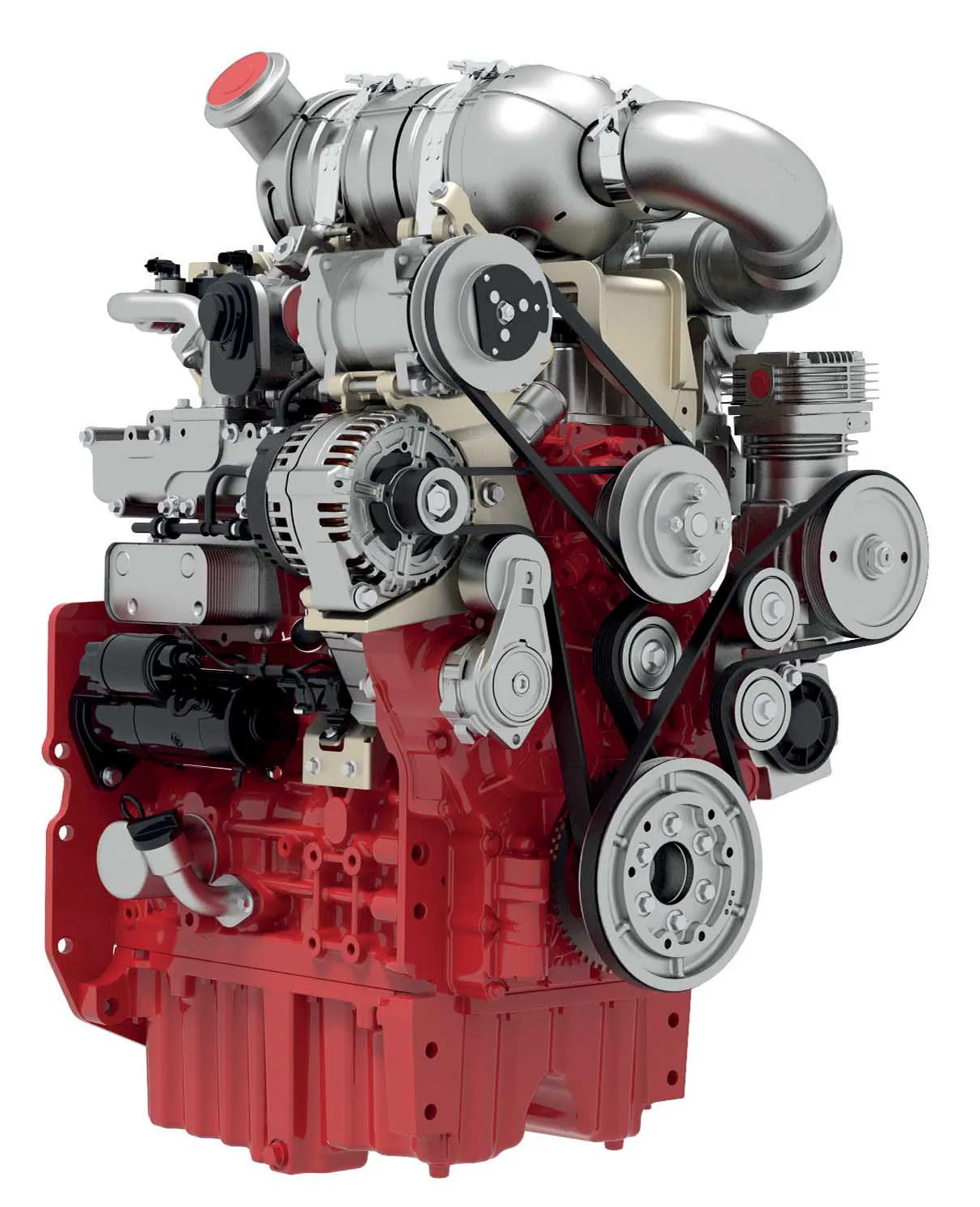
The European Parliament has adopted a text extending the Stage V transition deadlines for certain categories of engines in off-highway machines by 12 months. The vote paves the way for the final adoption and publication in the Official Journal of the amended version of Regulation (EU) 2016/1628.
The European industry associations representing the sector, namely CECE, CEMA, EGMF, EUnited Municipal Equipment & Cleaning, Europgen and FEM, warmly welcomed the European Parliament support. Commenting on the vote, CECE Secretary General Riccardo Viaggi said: “The Parliament’s vote was vital to prevent further economic damage caused by the COVID-19 pandemic to our manufacturing industries and protect thousands of qualified jobs that depend on them.”
The amended legislation provides an important measure to mitigate some of disruptions in the sector caused by the COVID-19 pandemic and delivers long-awaited legal certainty on the most urgent deadlines of 2020. In response to a joint industry request in March, the European Commission tabled a proposal in June to postpone the 30th June and 31st December 2020 deadlines for the production and placing on the market of NRMM fitted with <56kW and ≥130kW transition engines.
Riccardo Viaggi continued: “Neutral from an environmental perspective, this measure will not soften the stringency of the European legislation. Instead, it will give our industry the necessary time to install transition engines, already acquired, in machines, place them on the market and be compliant with ever more demanding requirements. On the opposite, inaction would have led to unnecessary waste of raw materials and resources, in addition to the financial costs.”
The off-highway construction machinery sector welcomed retroactive application of this legislative amendment, providing the necessary legal certainty to manufacturers. This was made necessary by the delayed decisions by the European Commission in presenting the legal proposal and a slight delay in the adoption phase.
The sector calls on the Commission to continue to monitor the effect of COVID-19 on the industry and conduct a timely assessment of this impact, submitting a new report to Parliament and undertaking new legislative actions as appropriate.
The outcome comes after a painstaking lobbying process by a task force of European manufacturers’ organisations, including the Committee for European Construction Equipment (CECE) and the European federations for materials handling (FEM), garden machinery (EGMF) and agricultural equipment (CEMA). The problem was identified in March by the Construction Equipment Association when the initial problems with hold-ups in the supply chain caused by Covid-19 were reported. OEM reduced time working and factory closures followed within the next few weeks when it became certain that not all pre-Stage V engine stocks could be incorporated within completed machines by the end of June.
CEA Chief Executive, Rob Oliver, stated, “The original rules meant that even if manufacturers had engines ready and waiting to be installed unless they could be incorporated into the fully assembled machines by the deadline they would have to be scrapped. Our Senior Technical Consultant, Dale Camsell, did a great job as part of the industry team that worked with the European Commission and European Parliamentarians to navigate the intricacies of EU decision-making. Several official European forums had to be persuaded of the urgency of the problem and the fact that a postponement would not compromise the environmental objectives of the emission regulations. In the end, the case presented by CECE and our allies in other sectors finally got the necessary legal changes over the line. This has saved manufacturers across Europe significant sums at a time when businesses have been knocked sideways by Covid-19.”
The experience with engines in the mid-power bands may not be the end of the story. The deadlines for transition engines in the power categories ≥56kW and <130kW remain unchanged at 30 June 2021 and 31 December 2021. Industry representatives and the European Commission will be tracking the effect of Covid-19 on production and markets over the next few months to determine whether these deadlines need to be revisited.







